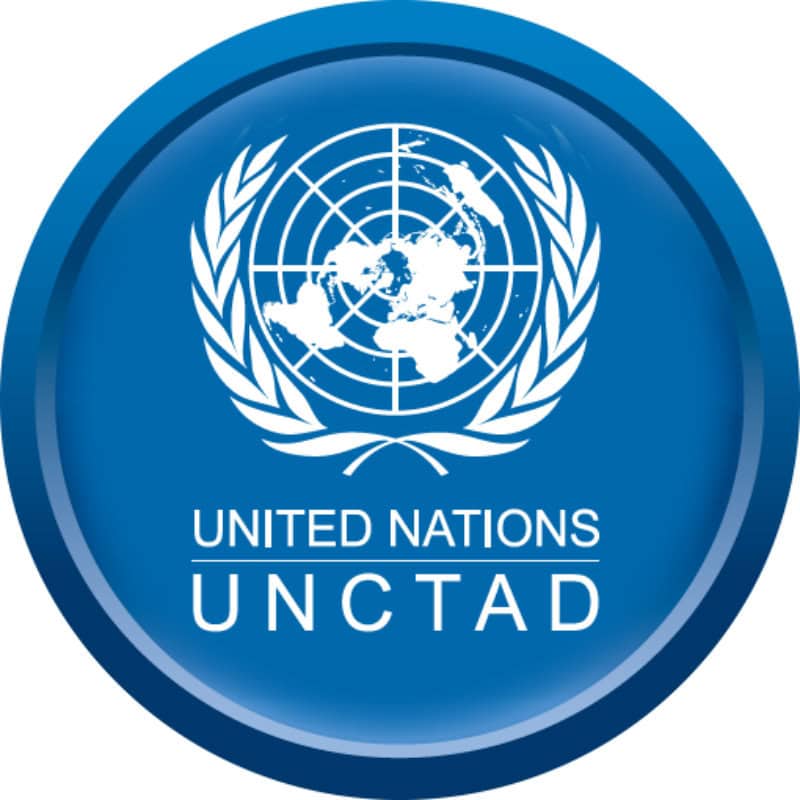ISLAMABAD (Web Desk) – At least 12 percent small farmers are producing about 80 percent of the world’s food.
According to UNCTAD report, about 12 percent small land holders manage 12% of all agricultural land, yet they produce more than 80pc of the world’s food in value terms.
The ‘Commodities and Development Report 2015’ of UNCTAD said as global poverty affects smallholders disproportionately, achieving poverty reduction goals will require taking a fresh look at how policies must be designed and coordinated so as to cater to their needs.
Though there are marked differences by country and region in the average size of small farms, it is estimated that more than 90pc of the 570 million farms worldwide are managed by an individual or a family, it said.
Estimates further showed that about 2.5 billion people depend on agricultural production systems for their livelihoods. Smallholders also play a key role in environmental sustainability objectives, including climate change mitigation, by protecting biodiversity in agriculture.
The report highlighted a number of enduring challenges, including limited access to agricultural inputs such as fertilisers, seeds, land, labour and credit markets, unfulfilled capacity to commercialise their produce due to deficient or non-existing infrastructure such as paved roads and lack of access to market information, which leads to power imbalances.
The report showcased a number of instances where factors, such as innovative financing mechanisms, access to contract farming, better and increased training and agricultural and financial services using information and communications technology, have gradually increased smallholders’ productivity.
Moving away from business as usual and striving to achieve the Sustainable Development Goals, the report argued, will require a better alignment of policies, pledges and actions at the national, regional and international levels.
The report showed that developing countries can benefit from greater participation of smallholders in sustainable commodity production and trade. To this end, the report suggested that these countries put in place policies to support sustainable agricultural development, strengthen institutional capacities, provide appropriate infrastructure, facilitate technology access, secure land tenure and create a business-friendly environment for smallholders.
Global poverty remains a predominantly rural phenomenon, with 70pc of the developing world’s 1.4bn extremely poor people living in rural areas, particularly in South Asia and in sub-Saharan Africa.














